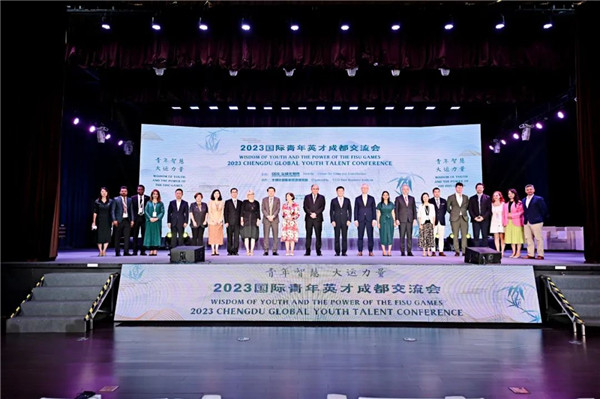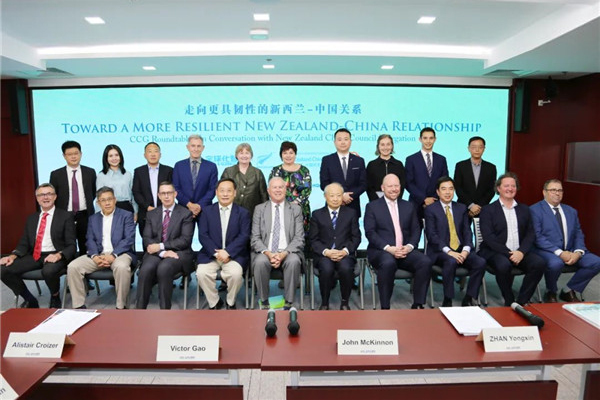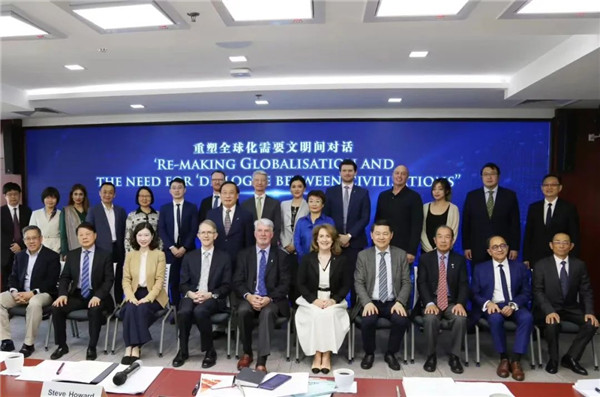CCG experts: Economic Reform will be the Best choice to the U.S. Tax Cut
Supporters of the US historic tax reform argued that it could not only increase domestic consumption but also make a reflux of manufacturing firms. However, according to the experts with Center for China and Globalization (CCG), China doesn’t need to be panic as the real effect of the tax cut is still uncertain and need to be proved over time during their discussion in a seminar held here in Beijing.
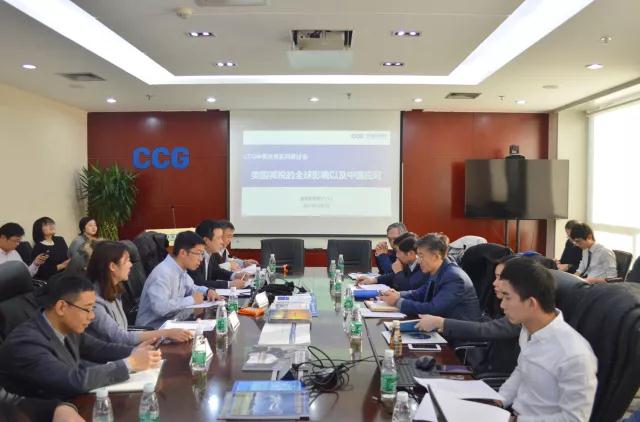
On December 7th, 2017, CCG held a conference on “the Global Impact of the U.S. Tax Reform and How Should China Respond”. CCG experts with expertise on trade and financial issues attended the conference, including He Ning, former Director-General of the Department of American and Oceanian Affairs, Ministry of Commerce, Huo Jianguo, former President of the Chinese Academy of International Trade and Economic Cooperation (CAITEC), Ni Feng, deputy Director of the Institute of American Studies, Chinese Academy of Social Science (CASS), Shou Huisheng, Research Fellow of the National Strategy Institute, Tsinghua University, Xu Hongcai, Professor and Director of Information Department of China Center for International Economic Exchanges (CCIEE), Zhou Mi, Deputy Director, Institute of American and Oceania Study, and Tang Beijie, CCG deputy Secretary-General. CCG Executive Secretary-General Li Weifeng hosted the conference.
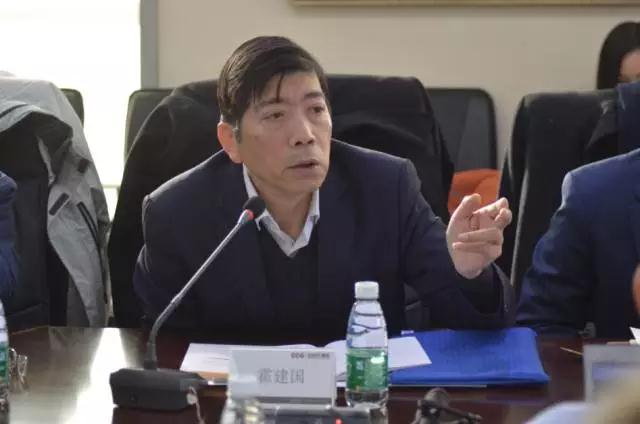
Mr. Huo Jianguo pointed out that the biggest headache of the U.S. government following the tax reform would be the estimated 1.5-trillion-dollar deficit which was brought due to the tax cuts. He was doubtful about whether this problem could be solved under the Trump’s administration. Even if there will be a real effect of the reform, 2 or 3 years are still needed to prove it.
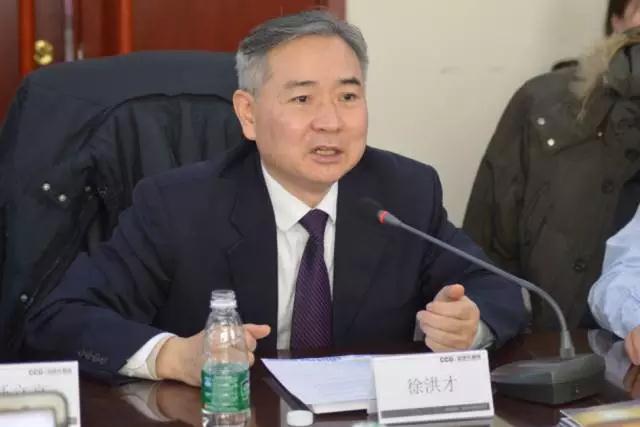
Mr. Xu Hongcai insisted that we need more time to have an accurate evaluation of the reform’s influence, because there are different factors should be considered regarding the economic activities, tax policy is only one of them. Furthermore, it took time to check the policy’s outcomes.
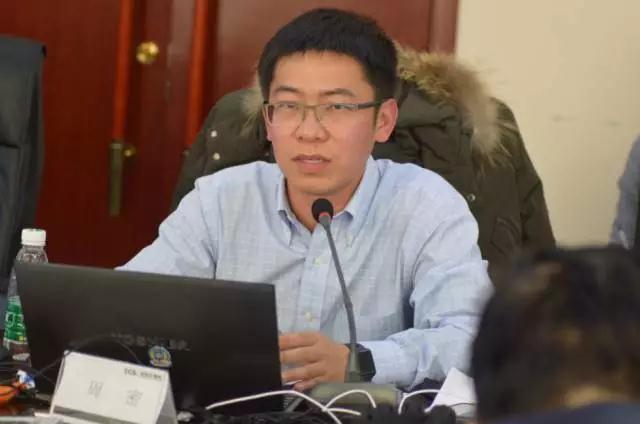
From another perspective, Mr. Zhou Mi emphasized that the tax reform could weaken the government capacities dealing with the growing debt burden, as a result, the Trump administration may have a problem in supplying public services.
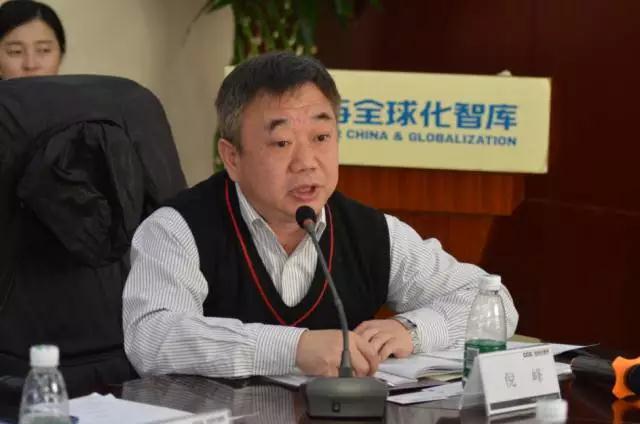
Mr. Ni Feng’s viewpoint was focused on the policy-making process. According to his observation, the Republican Party was predominant in the passage of the bill, while president Trump was not an active participant relatively. Nevertheless, Mr. Ni argued that Trump and his party had found their common interests through the cooperation during the period of pushing the reform.
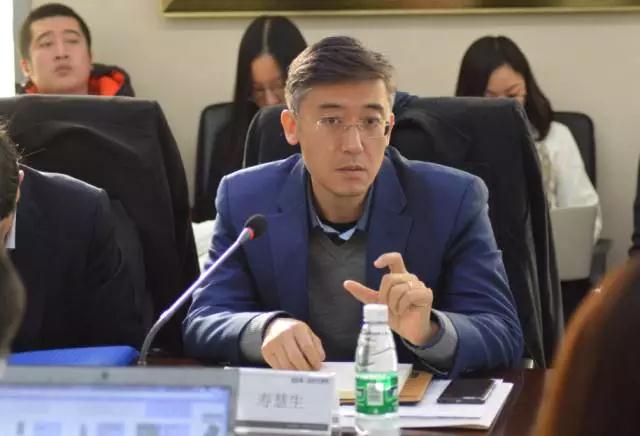
An analysis on the basis of political sociology was made by Mr. Shou Huisheng, in his opinion, the tax reform was a life-saving straw for Trump’s administration as well as the Republicans, given their poor legislative performances since Trump’s inauguration. So, in order to get the bill passed as soon as possible, the decision was made mainly in a political but not economic concern.
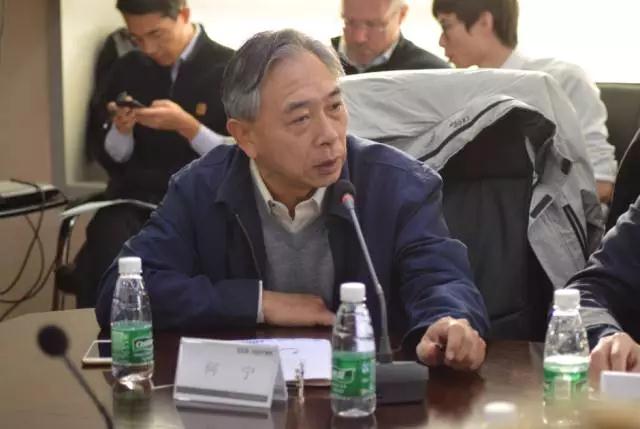
When it comes to the hot debate about whether American transnational corporations will move back to their homeland considering the tax reduction, Mr. He Ning’s answer was negative. Actually, He thought the question itself is a pseudo-proposition. In fact, the global layout of American companies didn’t equal to the abandon of the domestic market. What’s more, he insisted that it was impossible for enterprises to reshape their global strategy based on one single policy change.
Mr. Huo Jianguo and Mr. He Ning both paid high attention to Chinese business environment when talking about the countermeasures to the US tax reform. They believed that the improvement of business environment was the key to strengthen Chinese economic competitiveness. Meanwhile, as long as we keep Chinese market open and friendly to the foreign capital, policy effects of the Trump’s tax reform will be offset spontaneously.
Additionally, in Mr. Zhou Mi’s eyes, there will be some opportunities for China under the background of American tax reform. For example, the taxation system change may increase the demand for accounting services, which will open a door for emerging Chinese accounting professionals and firms.

For similar reasons, Mr. Xu Hongcai and Mrs. Tang Beijie both took the possible incoming challenge as a chance for China, to deepen the economic reform within the country.
In short, the economic reform to facilitate the investment of enterprises both home and abroad and reduce the administrative costs, as present experts firmly believed, will be the best response to the American tax reform.
LocationBeijing
